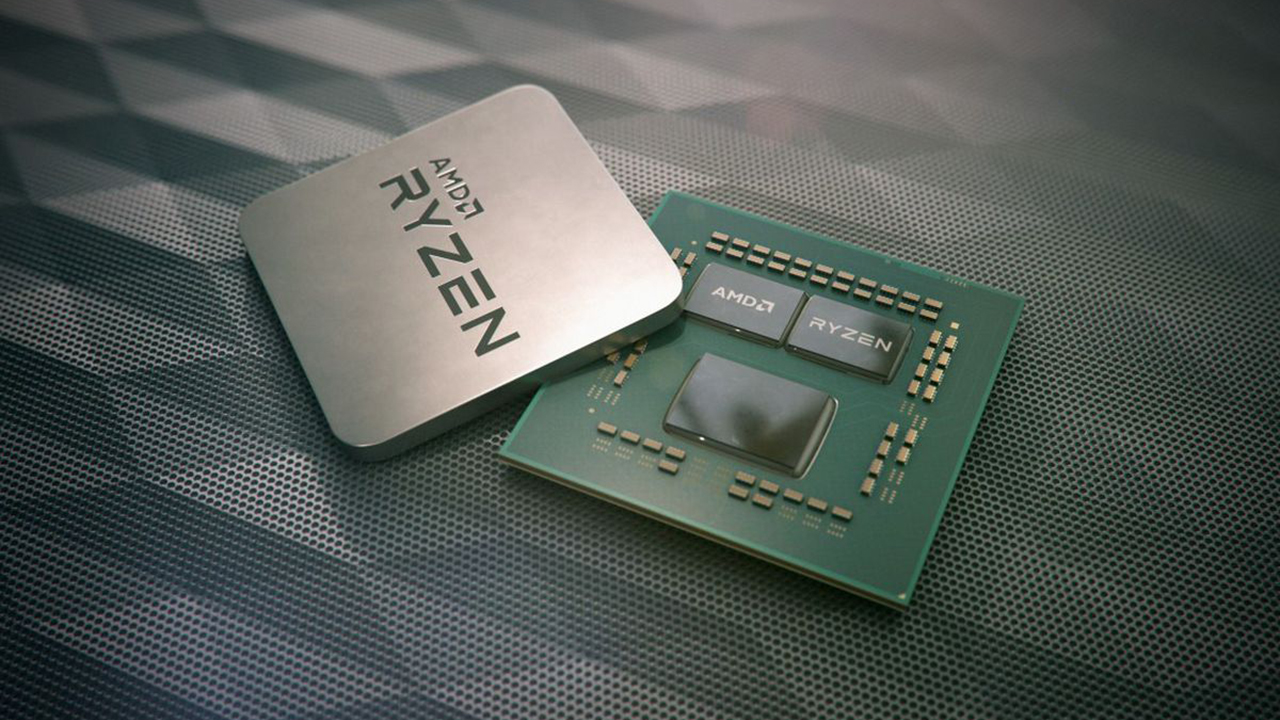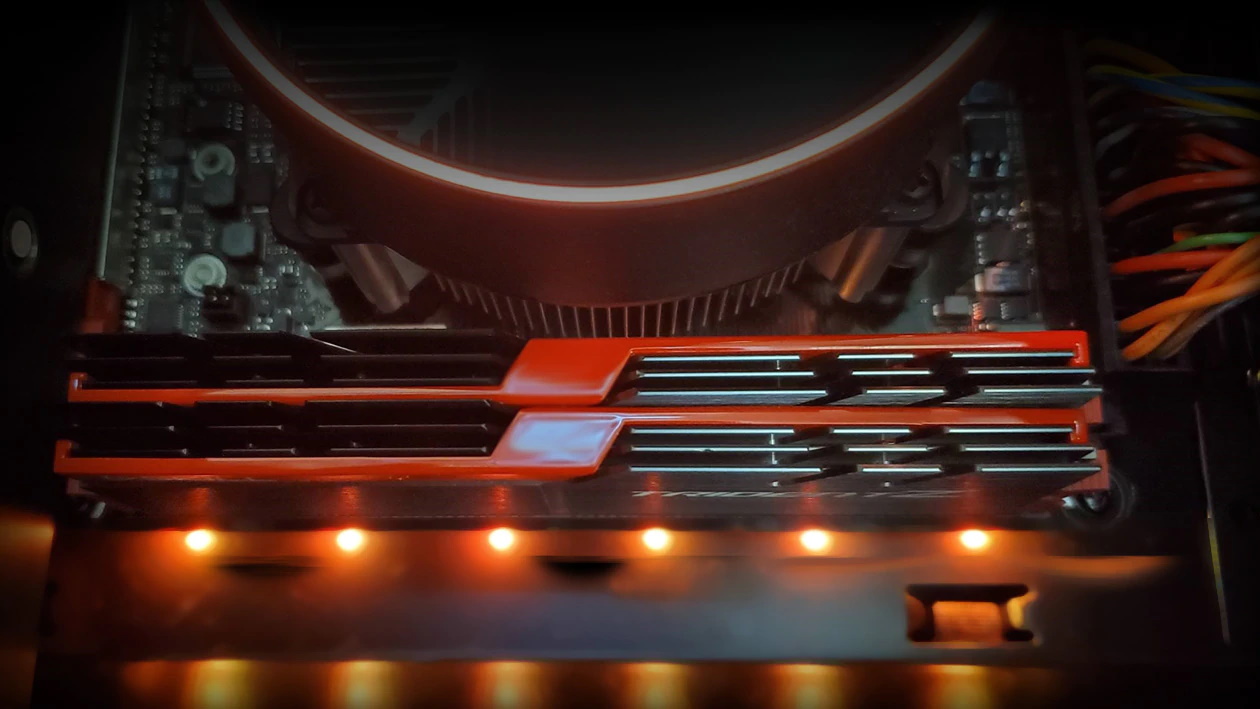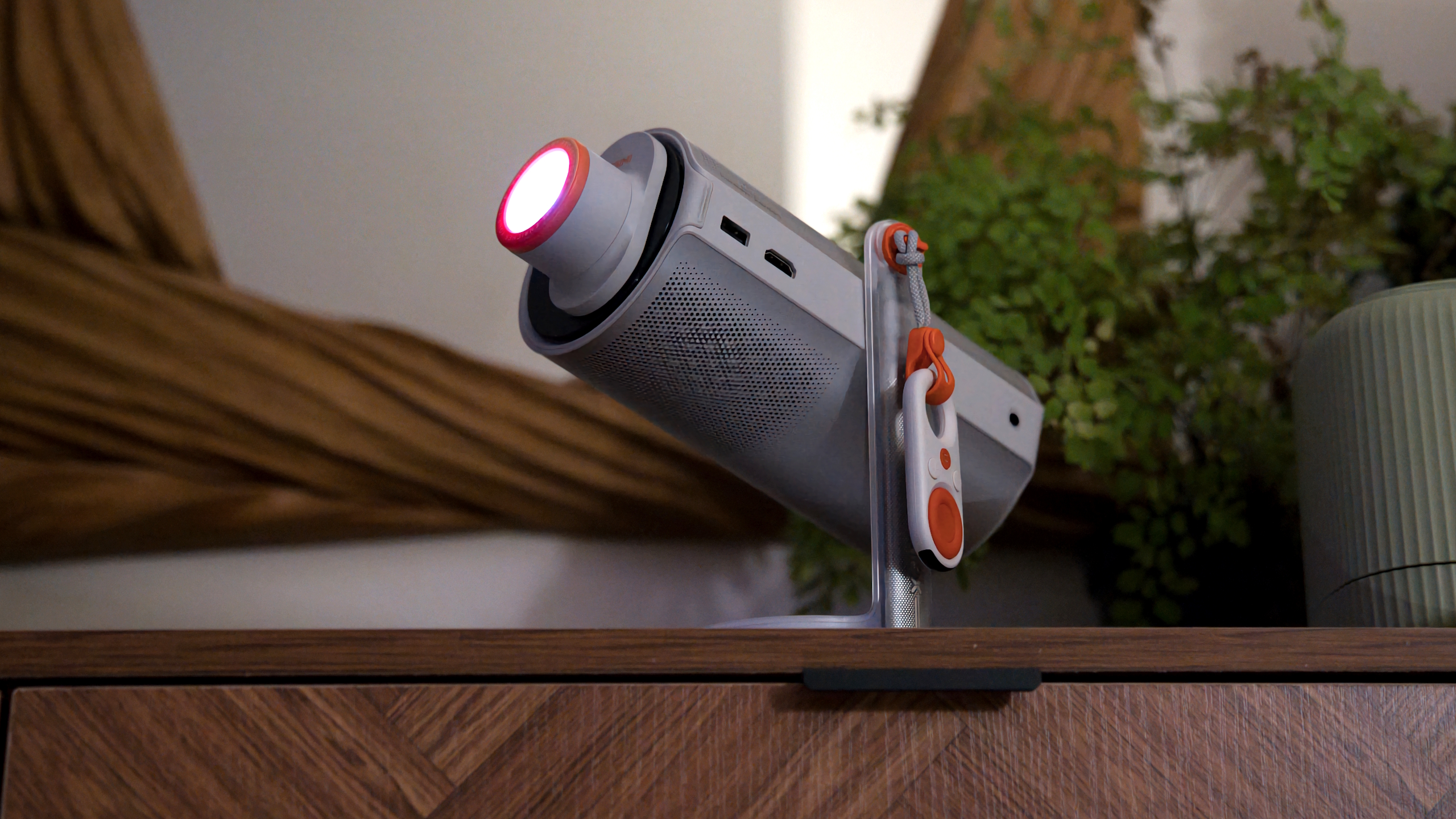AMD Ryzen 4000 test chips already look to be as fast as Zen 2
The rumour mills go into overdrive as more details for AMD's 'Renoir' APUs and 'Vermeer' CPUs emerge

Hot on the heels of the growing number of 'Renoir' APU rumours, the interwebs are warming up to the idea of the first sighting of Zen 3, with some details of 'Vermeer' beginning to raise their pretty little heads.
Before getting on to 'Vermeer' though, there is another tidbit for the Ryzen 4000 'Renoir' APUs that has appeared on Igor's Lab, and it's potentially an important one: the Infinity Fabric Clock Speed (FCLK) of 'Renoir' is rumoured to increasing up to 2000 MHz, which is 200 MHz faster than what you'll find in current Zen 2 cores.
The Infinity Fabric is AMD's special sauce that controls communication between the chiplets and… well, pretty much everything else in the system. It's tied to memory speed as well, which is one of the reasons that you want faster DDR4 memory with AMD's chips than with Intel's.
There is a limit to how fast the Infinity Fabric will operate though, you can't simply keep throwing faster and faster memory at it, and for Ryzen 3000-series chips its 1,800MHz (which equates to an effective DDR4 frequency of 3,600MHz). If you want to use faster memory, then you can, but not at a 1:1 ratio, which can slow other systems down.
Increasing the Infinity Fabric clock to 2000 MHz means that these new APUs can support DDR 4000 MHz RAM, which means faster operations across the board. This also hints at the fact that 'Renoir' may be more of an upgrade than we first thought, and could point to improved IPC (Instructions Per Cycle) among other goodies.

Now onto 'Vermeer', which in case you don't have a list of processor code names stuck to your fridge is the next family of CPUs based on the AMD Zen 3 architecture.
According to Igor's Lab the rumours are that the initial versions of 'Vermeer' are already being tested, and that along with a new unified L3 cache, details about the base and turbo clocks, as well as the core and thread counts are beginning to emerge.
Keep up to date with the most important stories and the best deals, as picked by the PC Gamer team.
There are a few details of a eight-core, 16-thread CPU that has a base clock of 4GHz with a boost of 4.6GHz. There's a 16-core, 32-thread chip as well, with a base clock of 3.7 GHz that boosts up to 4.6 GHz as well.
These are the frequencies for the initial A0 versions of the chips and the next revisions could see these frequencies climb. For comparison, the current 16-core, 32-thread Ryzen 9 3950X has a base clock of 3.5 GHz, with a boost clock of 4.7 GHz. You'd expect 'Vermeer' would be gunning to surpass this.
You'd assume that we'll be getting a new and improved Infinity Fabric in these new chips as well, although there's nothing concrete on that front yet.
Alan has been writing about PC tech since before 3D graphics cards existed, and still vividly recalls having to fight with MS-DOS just to get games to load. He fondly remembers the killer combo of a Matrox Millenium and 3dfx Voodoo, and seeing Lara Croft in 3D for the first time. He's very glad hardware has advanced as much as it has though, and is particularly happy when putting the latest M.2 NVMe SSDs, AMD processors, and laptops through their paces. He has a long-lasting Magic: The Gathering obsession but limits this to MTG Arena these days.


